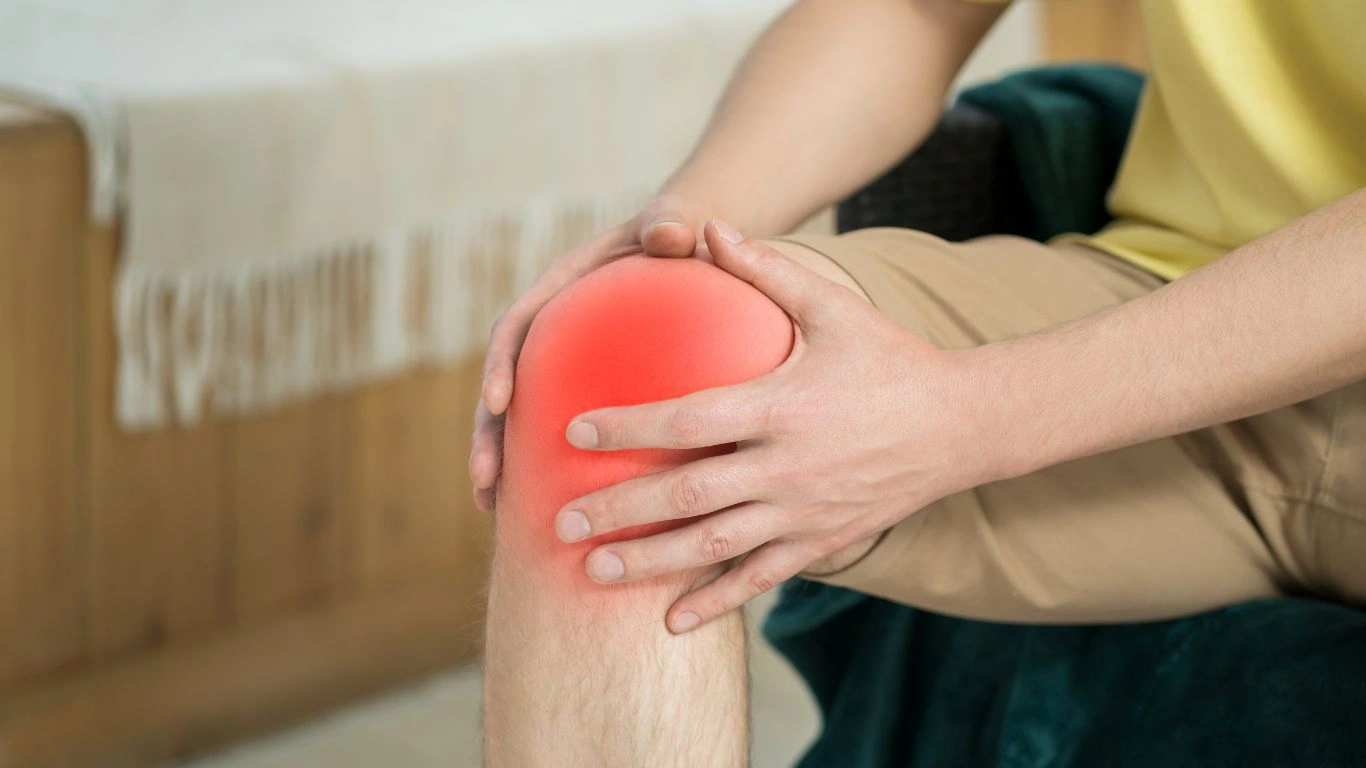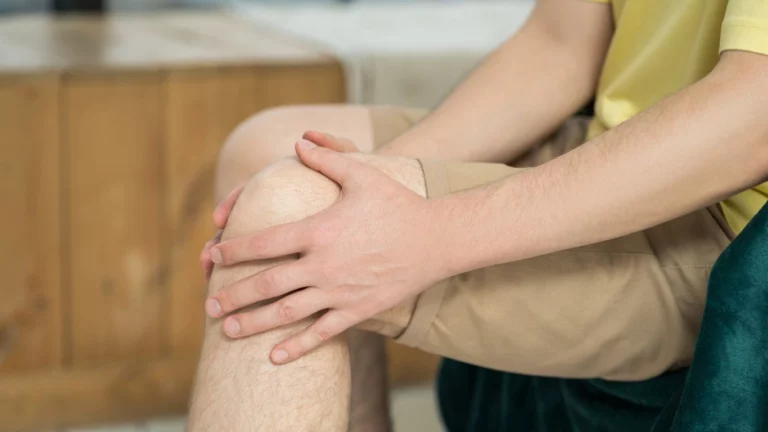Rheumatoid Arthritis Triggers to Avoid: A Practical Guide for Managing Your Symptoms
Living with rheumatoid arthritis (RA) means being mindful of things that can trigger flare-ups and worsen symptoms. Here’s a rundown of the most common RA triggers you should know about and how to avoid them!
When you’re dealing with rheumatoid arthritis, you quickly realize it’s not just about managing the pain—it’s about avoiding the things that make it worse. Triggers are sneaky; they can show up in your diet, environment, or even your daily habits. Knowing what to steer clear of can make a huge difference in keeping your symptoms under control.
Why Triggers Matter in RA Management
Rheumatoid arthritis is an autoimmune disease that causes inflammation in the joints. It’s one of those conditions where, unfortunately, things like stress, food choices, and even weather can play a role in how you feel. And trust me, I get it—it’s not just about taking meds; lifestyle choices and avoiding certain triggers can have a serious impact. 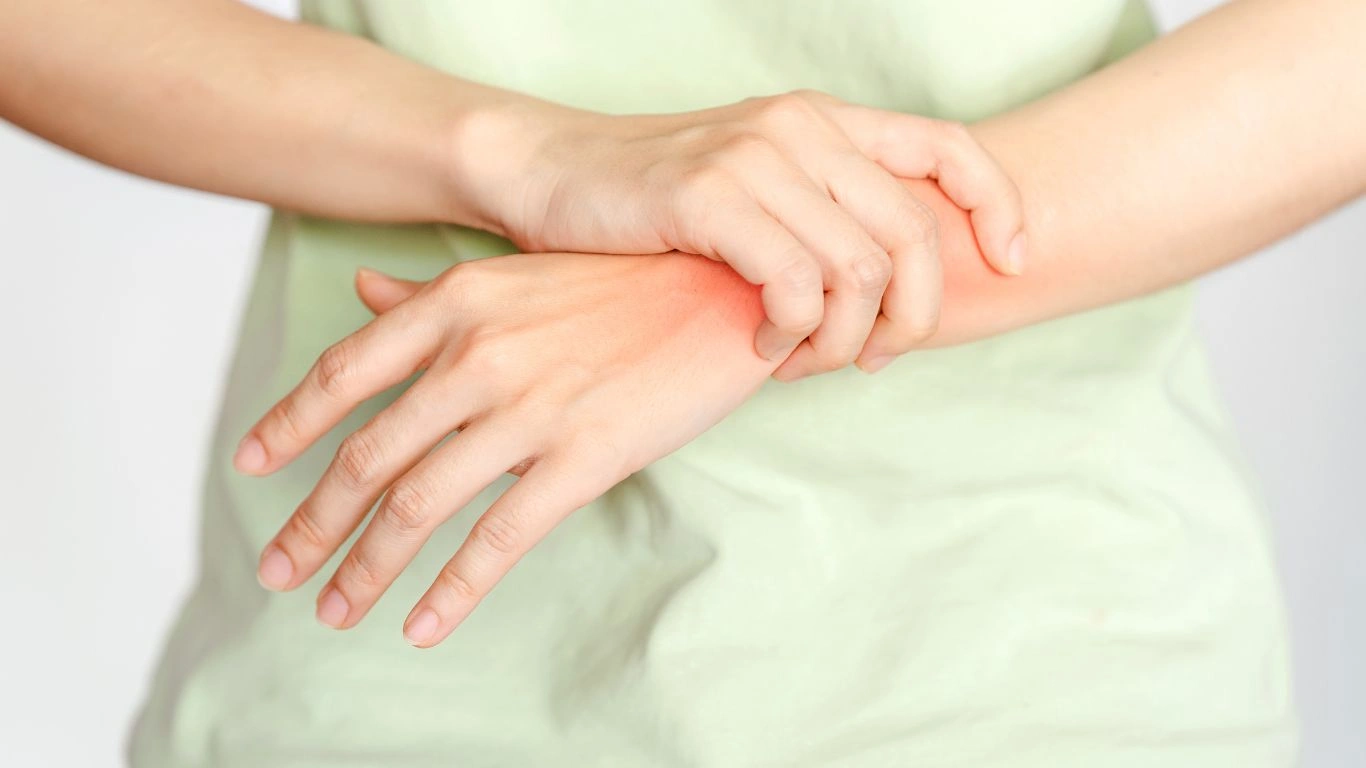
1. Stress: The Silent Culprit
Stress is one of those things that sneaks up on you and makes everything worse—RA included. When you’re stressed, your body releases stress hormones like cortisol, which can trigger inflammation. And since inflammation is already a huge part of RA, the last thing you want is to add fuel to the fire.
How to Manage
Try incorporating relaxation techniques like yoga, meditation, or simple breathing exercises into your routine. Trust me, taking a few minutes to calm your mind can really help lower stress levels and reduce flare-ups.
2. Weather: Cold and Damp Days
If you’ve noticed that your joints flare up when it’s cold and rainy, you’re not alone. Cold weather can make your joints feel stiff, and dampness can increase discomfort. This is because changes in barometric pressure or temperature can affect your joints, making them feel more inflamed. 
How to Manage
On colder days, try dressing in layers, keeping your joints warm, and staying indoors when possible. If you do need to go out, ensure you’ve got some warm clothing and maybe even invest in heated pads for extra comfort.
3. Lack of Sleep
When you’re not getting enough rest, your body has a harder time managing inflammation. Sleep plays a big role in keeping your immune system in check, and for those with RA, poor sleep can make flare-ups more frequent.
How to Manage
Aim for 7-9 hours of sleep each night. Create a relaxing bedtime routine, avoid screens before bed, and try using pillows to prop up your joints for added comfort while sleeping.
4. Certain Foods
Food can be a major trigger for people with RA. While the relationship between diet and RA flare-ups is still being researched, some foods are known to aggravate inflammation. Processed foods, sugary snacks, and red meats can be inflammatory, while others, like omega-3-rich fish, can help reduce it.
What to Avoid
- Sugar: Too much sugar can ramp up inflammation in the body. Try cutting back on sweets and sugary beverages.
- Red Meat: High-fat meats like beef can trigger inflammation in some people with RA.
- Processed Foods: Foods that are heavily processed often contain trans fats, which are known to increase inflammation.
What to Eat
- Omega-3 fatty acids: Found in fatty fish like salmon or walnuts.
- Fruits and Veggies: They’re packed with antioxidants that can help manage inflammation.
- Whole Grains: These can reduce inflammation and provide essential nutrients.
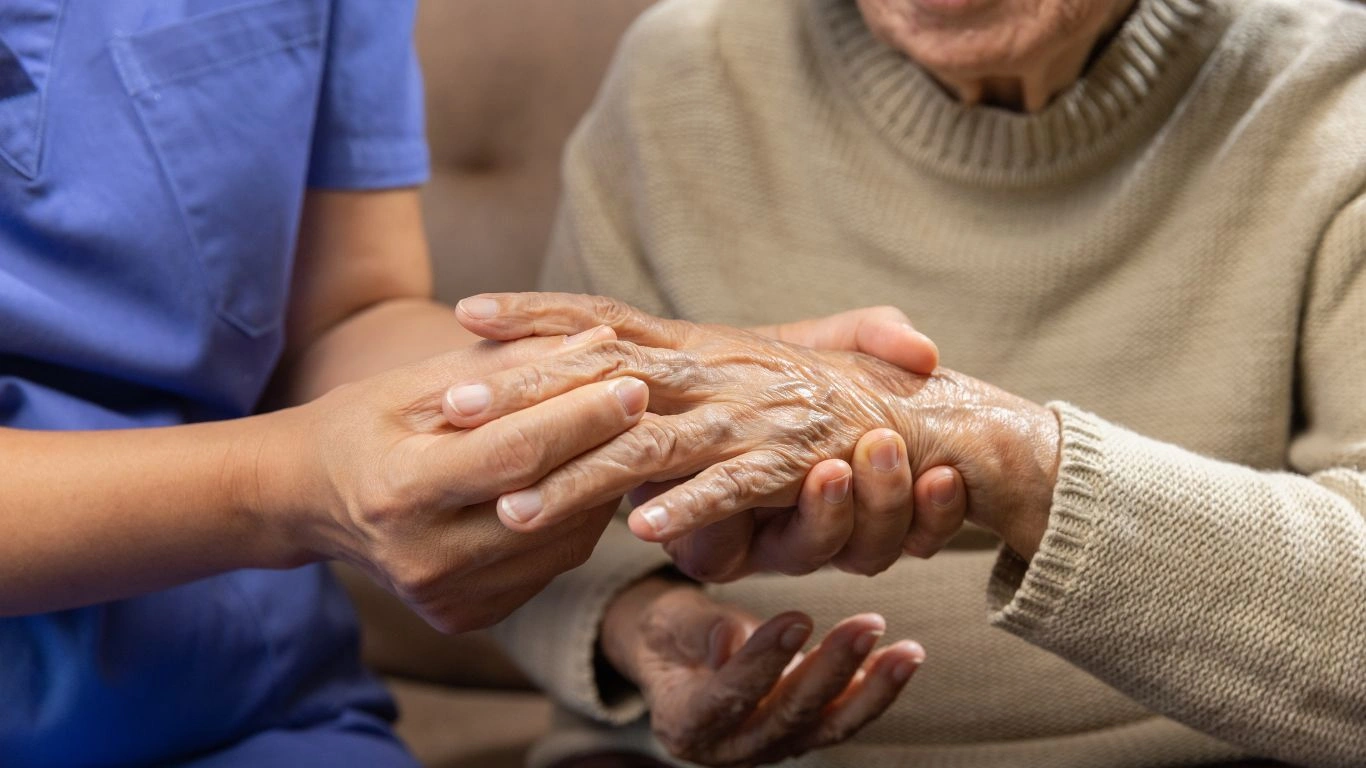
5. Sedentary Lifestyle
I get it—some days, just moving can feel like a workout. But staying still too long can actually make your joints stiffer and your muscles weaker, which could increase pain and discomfort over time.
How to Manage
Even light movement, like walking or gentle stretching, can help keep your joints from locking up and reduce stiffness. Try low-impact exercises like swimming or cycling, which are easy on the joints but still give you a good workout.
6. Smoking
If you smoke, it’s time to quit. Smoking has been shown to make RA worse by increasing inflammation and potentially reducing the effectiveness of certain medications. Not to mention, it can lead to other health problems that complicate things even more.
How to Manage
If you’re a smoker, look into resources that can help you quit. Your doctor can recommend medications or support groups to make the process a bit easier.
7. Overexertion
I know—it’s tempting to push yourself when you’re feeling good. But overdoing it physically can lead to a sudden flare-up. RA can make your body more sensitive to physical stress, so taking it easy is key.
How to Manage
Pace yourself throughout the day, and listen to your body when it says “enough.” It’s all about finding a balance between staying active and giving your body the rest it needs.
8. Infections
Because RA affects the immune system, infections can cause flare-ups or make your symptoms worse. Simple colds or even urinary tract infections (UTIs) can have a bigger impact on people with RA. 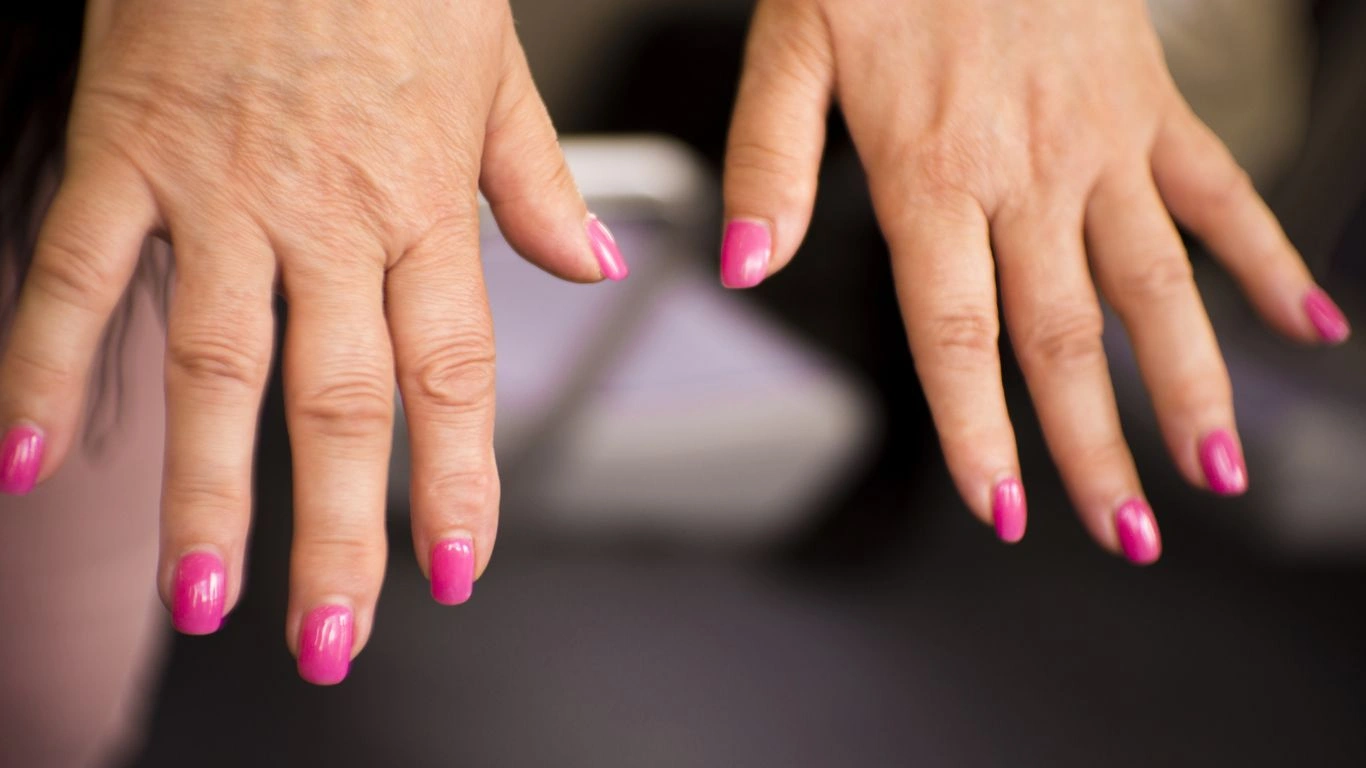
How to Manage
Stay up to date on your vaccinations, wash your hands regularly, and take any necessary precautions to avoid getting sick.
Conclusion
Managing rheumatoid arthritis involves more than just taking medication—it’s about recognizing and avoiding triggers that can worsen your condition. By making small changes in your lifestyle, whether it’s cutting back on certain foods or finding ways to reduce stress, you can make a significant difference in your quality of life.
Appendices
References
- American College of Rheumatology. (2024). “Managing RA Symptoms and Avoiding Triggers.” Read Article
- National Institute of Arthritis and Musculoskeletal and Skin Diseases. (2024). “Rheumatoid Arthritis: Symptoms, Diagnosis, and Treatment.” Read Article
- Mayo Clinic. (2024). “Rheumatoid Arthritis: Lifestyle and Home Remedies.” Read Article
FAQs
- Can stress really make my RA worse? Yes, stress can increase inflammation, which can exacerbate RA symptoms. Managing stress is key to keeping flare-ups at bay.
- What foods should I avoid with RA? Try cutting back on processed foods, sugar, and red meat. Focus on eating anti-inflammatory foods like fatty fish, leafy greens, and whole grains.
- Does smoking affect my RA? Yes, smoking can worsen RA by increasing inflammation and may even make treatments less effective.
- How can I manage my RA during cold weather? Dress warmly and consider using heated pads for joint comfort. Keeping your joints warm can help prevent stiffness and pain during cold weather.
- What exercises are best for RA? Low-impact exercises like swimming or gentle walking are ideal. They help improve mobility without putting too much strain on your joints.
Disclaimer
The information provided in this article is for educational purposes only and does not substitute for professional medical advice. Always consult with your healthcare provider regarding any concerns or treatment options for rheumatoid arthritis.

Tarra Nugroho is a dedicated Nurse Practitioner with a strong foundation in family and preventive care. She brings both compassion and clinical expertise to her practice, focusing on patient-centered care and health education. As a contributor to Healthusias.com, Tarra translates medical knowledge into clear, empowering articles on topics like women’s health, chronic disease management, and lifestyle medicine. Her mission is simple: help people feel seen, heard, and informed—both in the clinic and through the content she creates. When she’s not caring for patients, Tarra enjoys weekend hikes, plant-based cooking, and curling up with a good health podcast.

